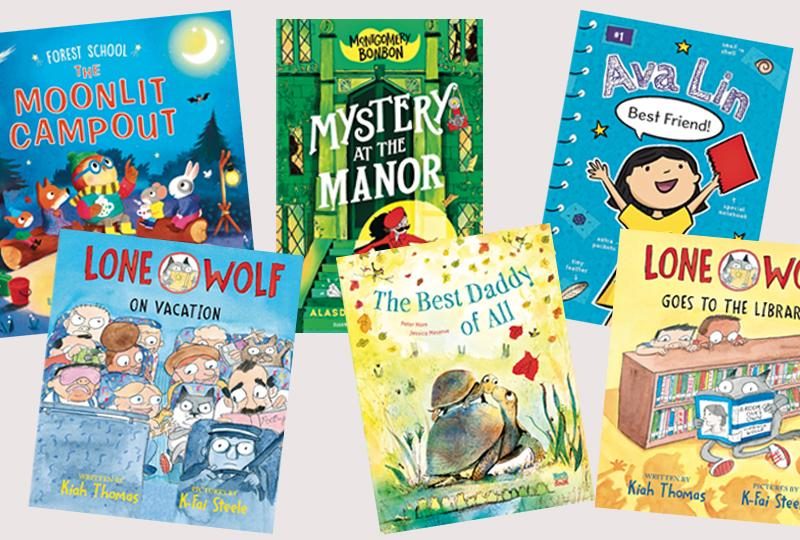
Classroom Secrets: Understanding ideas deeply
By Rob Stringer
You’ve helped your children study for a test or exam. They seem like they know their facts and formulas. However, when you get the results back you’re all surprised at how poorly they did. What seemed like a sure thing, turned out to be a letdown. How can this be?
Sound familiar? If so, you’re not alone. Every year I run across students who think they know the material only to find out they were wrong. While they had some understanding of the concepts, often they relied on memorization of facts, formula, and processes, rather than cultivating a deep understanding of the material. So this month I’d like to share some simple strategies that you can use to help examine and deepen your children’s understanding of the concepts being taught at school.
Know the success criteria.What are the specific skills or concepts your kids need to know by the end of a particular unit? Chances are these have been discussed with the class and are posted in the classroom. Not sure? Ask your children’s teachers for a copy. Much like a rubric for a project, these will help to provide you with a list of the key concepts or skills they need to know or master. Then pick one and spend time each day honing that skill through practice, or deepening their knowledge through discussion or additional study.
Determine what they know. One of the best ways to learn something, or demonstrate your understanding is to teach it to someone else. Invite your kids to show you what they know about the skill or topic of study. Is it accurate? Is their description detailed? Can they provide you with examples? Do you see any gaps in their knowledge? Simply asking kids if they know something is fraught with problems, as they may not know what they don’t know; be worried about looking bad in your eyes; or try to avoid extra work by stretching the truth a little.
Think baby-steps.Sometimes a concept or procedure seems overwhelmingly complex. If this is the case, simplify—give your kids easier questions to answer and build up to more complex ideas. Sometimes these easier questions can give them insight into how to solve or understand the more complex original question.
Clear away the clutter.Teach your kids how to identify and focus on the key/essential ideas or information. When studying, instead of trying to learn or master everything, focus on the important ideas or skills. When writing tests, read each question and understand what it’s asking, then identify key information. Don’t be fooled by “distractors”—unrelated information or numbers that may have been added to questions.
Just as a home is best built on a solid foundation, so too is knowledge. It is my hope that these strategies will be of value to you as you and your family nurture deeper understandings of the concepts covered in each grade.
About the author
As an educator, Youth Coach & speaker, Rob Stringer BA, BEd, CPC has spent two decades helping kids & teens meet with success. For more ideas or to suggest article topics, follow Rob on Facebook at www.fb.com/robstringer and www.fb.com/youthcoachglobal







